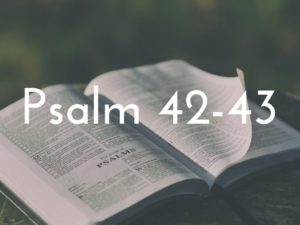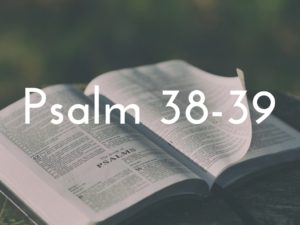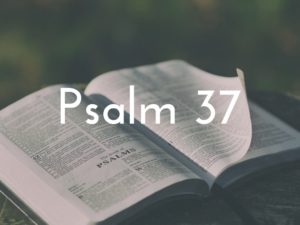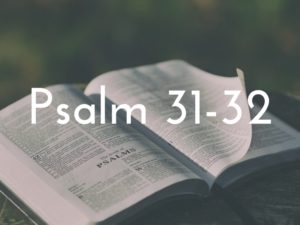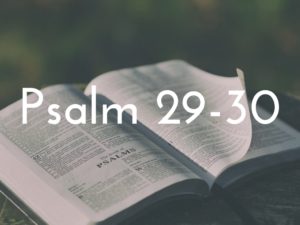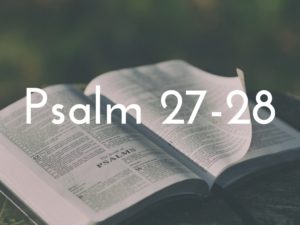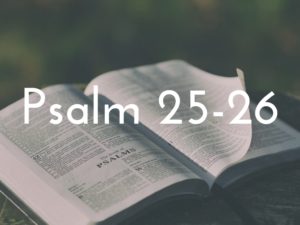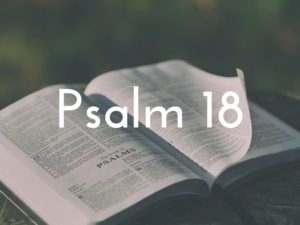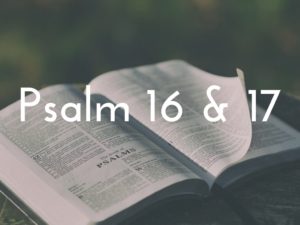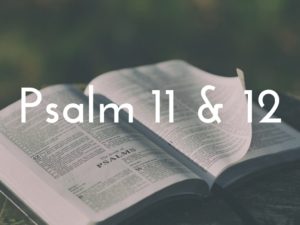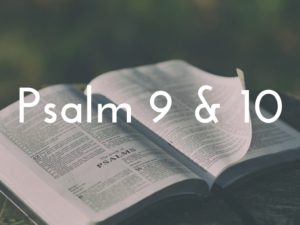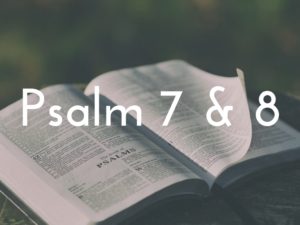In first grade, Ms. Richardi called me out in front of the whole class for being elbow deep in my nose. I now know that what I experienced in the moment following Ms. Richardi’s enthusiastic expose’ was shame. At six years old, however, and although I could spell “because” with unhindered confidence, I did not yet have the vocabulary or cognitive capacity to take mental note in that moment that: “yes, of course, what I’m feeling right now is shame.”
Instead, I was entirely overwhelmed, disturbed, and overcome by a feeling that I had theretofore never consciously experienced. To have had the word “shame,” to be able to name my experience, would have provided me a life-vest on which to cling and compartmentalize. But here I am, age twenty-three, and this episode was so overwhelming – so beyond words – that it burnt into my story and lingers like an afterimage.
One of the ways in which I characterize my-self is sensitive. Anyone who has been close to me can confirm this; however, the reality that is
continuing to reveal itself to me as I mature, come to terms with my own sensitivity, and become less self-consumed is that we are all sensitive. And thus, each and every one of us harbor these little traumas that accumulate over time and give shape to our self-stories.
Both Psalm 42 and 43 give language to the affective feelings that bubble up out of the kinks in our armor and overwhelm us from time to time. The last verse in Psalm 42 begins: “why, my soul, are you downcast? / Why so disturbed with in me?” (Verse 11, NIV). The last verse in Psalm 43 echoes this cry verbatim: “Why, my soul, are you downcast? Why do disturbed within me?” (Verse 5).
I’ve said it before and I’ll say it again: To give language to our traumas and our hurts is a movement of faith that proves to be healing.
But this healing requires time, attention, courage, and ultimately, silence. We must make time to pray and sit with ourselves.
Both Psalm 42 and Psalm 43 definitively end on the same note: “Put your hope in the lord.” Faith is not something you have, not an object to be owned. It is a decision, a movement, something which can grow into a posture. Put your hope in the lord. Again and again.
